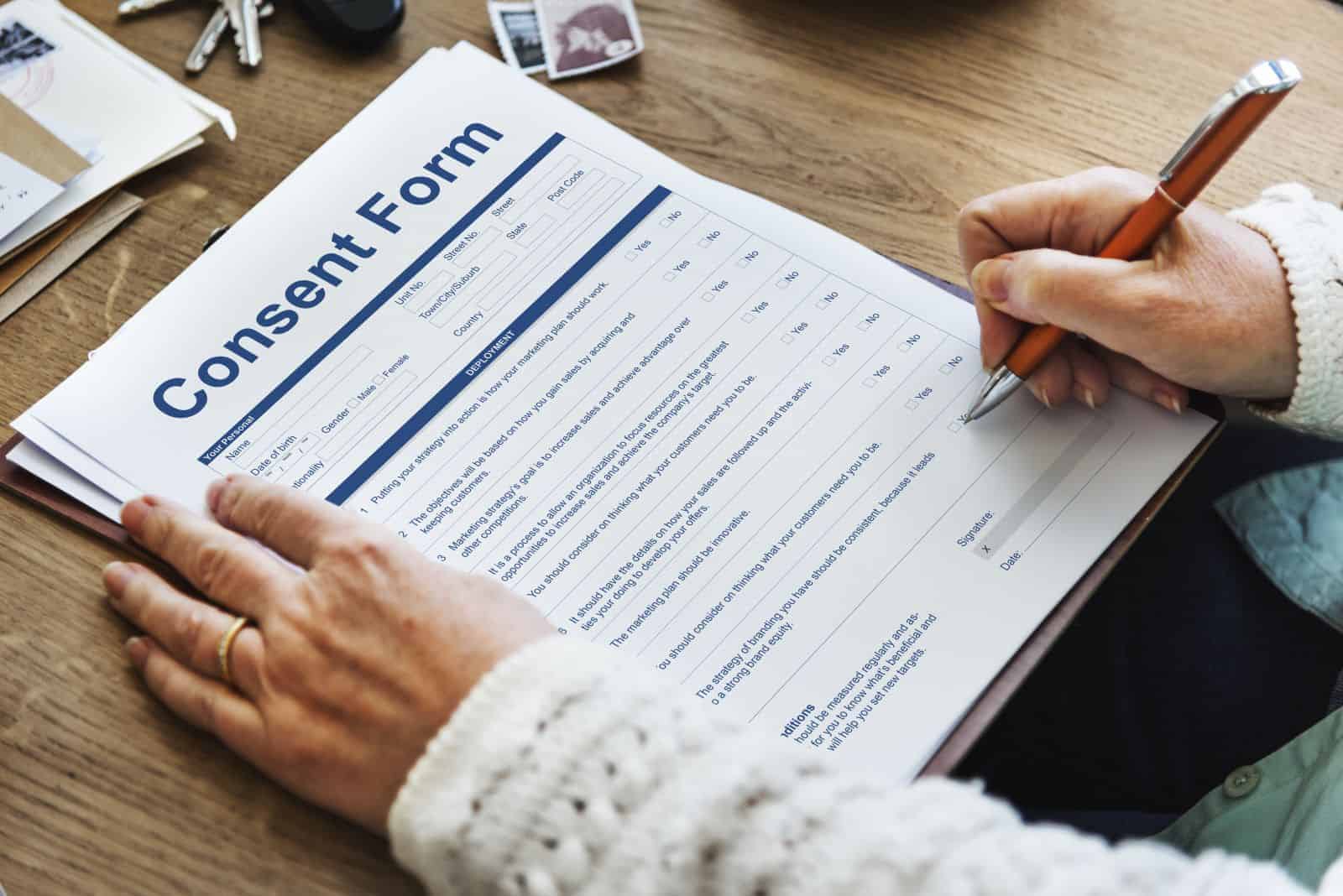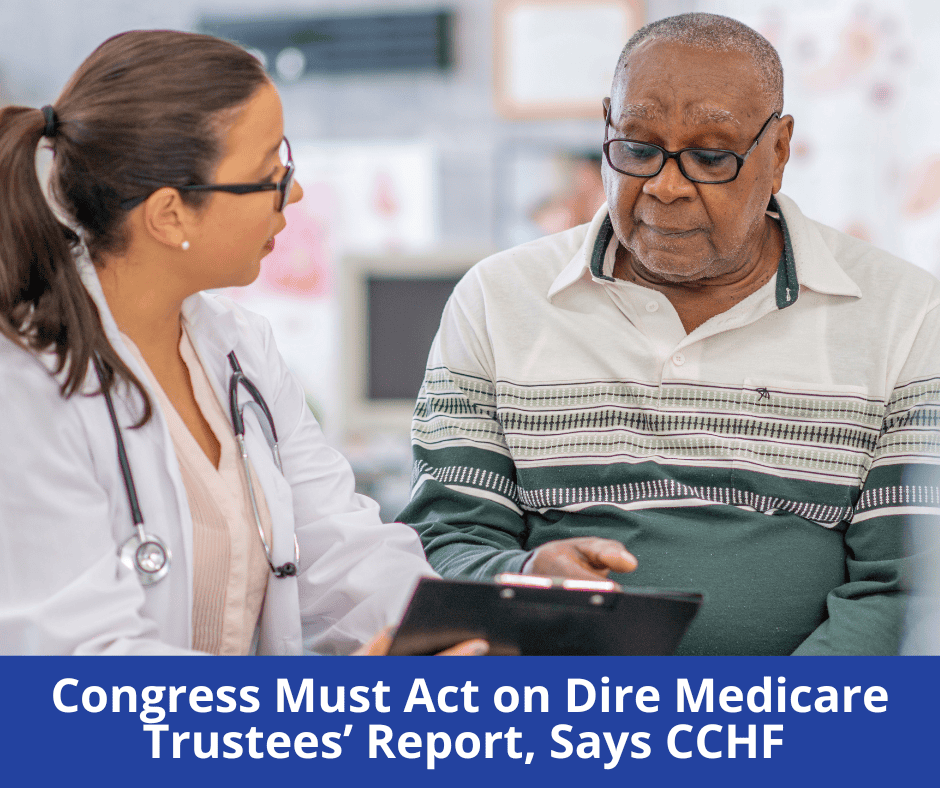CCHF Sends Formal Request for Review to Senate Judiciary Chair
ST. PAUL, Minn. — Citizens’ Council for Health Freedom says the Minnesota Senate Judiciary has failed to review the impact of the pending Senate omnibus health care bill on the privacy and civil rights of Minnesotans.
In a letter to Minnesota Senator Ron Latz (D-St. Louis Park), Chair of the Senate Judiciary and Policy Safety Committee, which was hand-delivered to his office on Monday, April 3, CCHF laid out provisions in Senate File 2995 related to the collection and storage of individual’s data without the individual’s consent.
“Many of the proposals in the bill establish new data collecting and reporting programs, government health surveillance systems, and research initiatives without any consent requirements,” says Twila Brase, president and co-founder of CCHF. “This bill proposes incredible intrusions in personal lives. The Senate Judiciary Committee is responsible for holding hearings on a bill if there’s an impact on privacy rights, constitutional rights, and individual rights. Every time we’ve testified on this bill we’ve asked for it to be sent to the Judiciary Committee, but our requests have gone unanswered.”
“Our letter to Judiciary Chairman Latz says we believe significant civil rights discussions should take place before the bill goes to the Senate floor for a vote. Surveillance proposals should be fully vetted, not just thrown into a bill and passed without an opportunity for the public to put their objections on the record before the committee whose purpose is to evaluate legislative proposals that may violate their civil and constitutional rights,” says Brase.
CCHF’s letter includes the following items of concern:
1. Numerous references to social determinants of health (SDOH). There is currently no definition of SDOH in Minnesota statutes, thus there would be no parameters on what could be collected on individuals. It can be whatever collectors decide it will be.
2. Collection, analysis, and sharing of data during developmental and social-emotional screening of children. This program does not provide parental consent for any of the data collection, sharing, or use.
3. Long Covid population-based surveillance and research program will be established for ongoing data collection on those experiencing Covid symptoms after the acute phase, with no consent provisions. To monitor long Covid, this program creates “partnerships” between the Minnesota Department of Health and nearly every professional in a person’s life.
4. The creation of several new advisory councils with access to private data and government funding for research.
Senate File 2995 is waiting in the Senate Finance Committee for its last hearing before it is sent to the Senate floor for a vote by the full Senate.
About Citizens’ Council for Health Freedom: CCHF exists to protect patient and doctor freedom. As a national, non-partisan health freedom organization, CCHF maintains a patient-centered, privacy-focused, free-market perspective.
About the Author: Twila Brase, RN, PHN is president and co-founder of Citizens’ Council for Health Freedom. She is the author of the eight-time, award-winning book, Big Brother in the Exam Room: The Dangerous Truth About Electronic Health Records, now in its third printing. Her Health Freedom Minutes are heard every weekday on more than 870 radio stations. She has been quoted in Alpha News, CNSnews.org, The Daily Caller, The Epoch Times, Health Care News, Medical Economics, the Pioneer Press, the Star Tribune, The Hill, Townhall, the Wall Street Journal, and the Washington Times.










